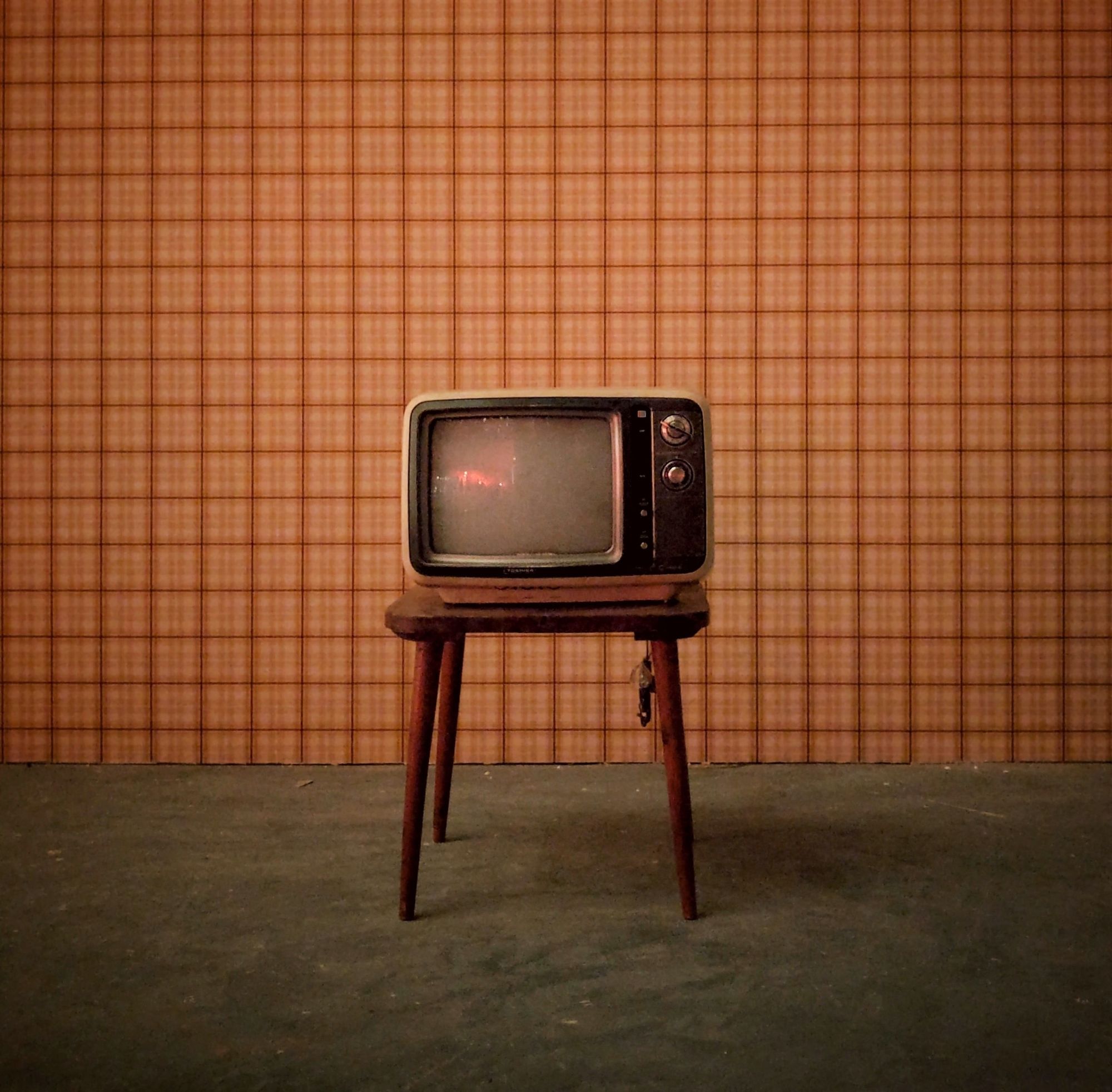Timeless Struggles
The surprising comfort of dystopian novels

But in civilized countries," said the Controller, "you can have girls without hoeing for them, and there aren't any flies or mosquitoes to sting you. We got rid of them all centuries ago." The Savage nodded, frowning. "You got rid of them. Yes, that's just like you. Getting rid of everything unpleasant instead of learning to put up with it. Whether 'tis better in the mind to suffer the slings and arrows of outrageous fortune, or to take arms against a sea of troubles and by opposing end them… But you don't do either. Neither suffer nor oppose. You just abolish the slings and arrows. It's too easy." - Brave New World
When an author writes a dystopian novel, they're telling us far more about their present than our future. Their stories chart the trajectory they perceive society is on if it continues its current ways.
Thus, dystopian stories give us a window into what the world looked like when the author wrote it. His concerns for society, the big problems of his day.
Which is why I found Huxley's Brave New World surprisingly comforting.
Pre-iPhone, pre-Netflix, and pre-social media, Huxley wrote about the dangers of drowning out our discomfort with distraction. He wrote about the flaws in our escapist approach to dealing with inner problems.
Though the book was published in 1932, it's a disturbingly accurate critique of modern society. Huxley didn't have a crystal ball into the future (our present) distracted society. Rather, we've always had a propensity for distraction, escapism, and numbing the pain. He was merely writing of the problems he saw then, and they're still relevant now.
Though it may be exacerbated by modern technologies, the fear of facing our pain without constant noise, light, and other numbing agents to distract us hasn't changed in at least a century.
Some people think it's spooky how some dystopian novels have come true, but I think there's a bright side. It shows our issues aren't new. They're part of the human struggle.
Cover Photo by Ajeet Mestry / Unsplash
